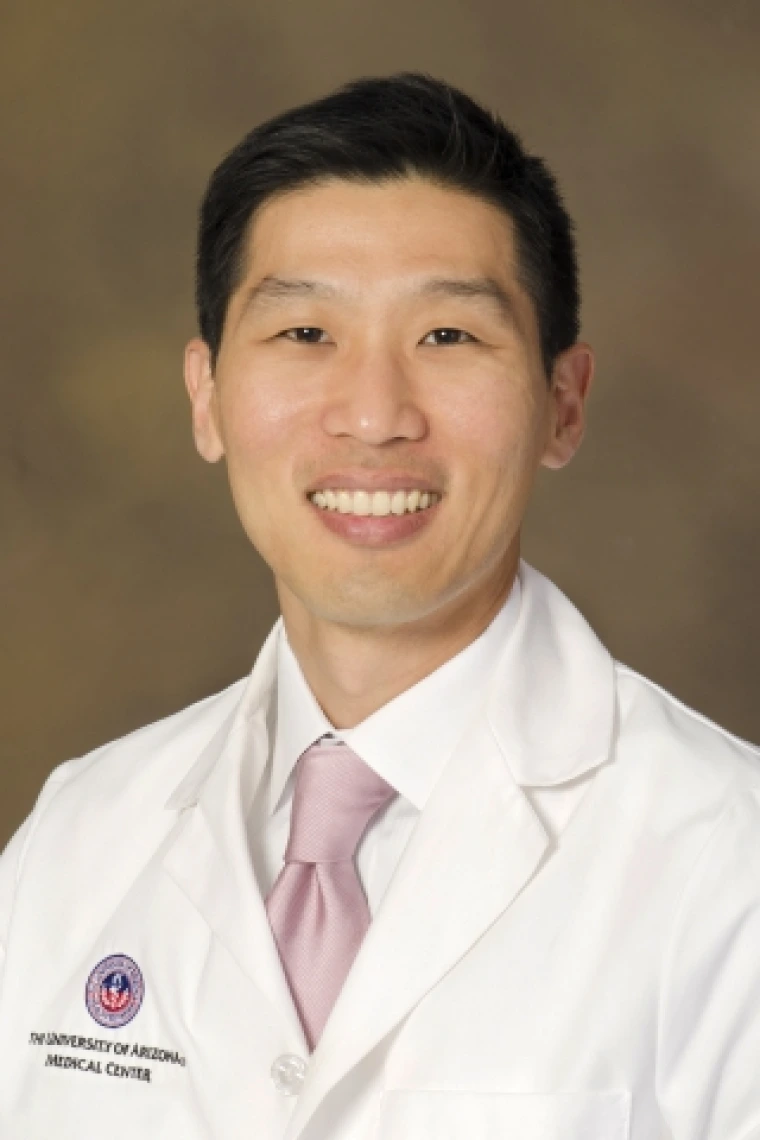Eugene Chang, MD

Dr. Chang’s clinical interests are in developing novel techniques and approaches for endoscopic sinus and skull base surgery. He is very grateful for all of his mentorship throughout his career, and in return it has been his passion to mentor others. His goal is to identify talents in students, residents, fellows and researchers to identifying their strengths and develop their niche. His overarching goal is to make a difference in people’s lives through science and surgery. He has developed innovative educational curricula that incorporate 3-D modeling, mixed-reality and virtual-reality to provide immersive simulation techniques to train surgeons in the 21st century.
Dr. Chang is internationally recognized for his work in the molecular airway biology of upper airway disease. He is one of a small number of surgeon-scientists in otolaryngology that combines an active clinical practice and research expertise to help understand the basic process of sinus disease and develop future therapies and treatments. He was recently awarded a $2.2 million grant from the NIAID as a primary investigator to identify genetic causes for chronic sinusitis. He has an expansive research portfolio including funding from the National Institute of Health, Arizona Biomedical Research Commission, Bio5, Tech Launch Arizona and the Cystic Fibrosis Foundation. He has over 50 peer-reviewed articles in journals including Science: Translational Medicine (Impact factor: 16.8), American Journal of Respiratory and Critical Care Medicine (17.5), Journal of Allergy and Clinical Immunology (14.1), Journal of Clinical Investigation (12.7), PNAS (9.6), Allergy (8.7), Molecular Therapy (6.7), and the American Journal of Respiratory Cell and Molecular Biology (4.1).
Dr. Chang enjoys golfing, biking, swimming, reading, traveling and spending time outside in beautiful Tucson with his wife, Dr. Esther Kim, and their four children.
Degree(s)
- MD: Brown Medical School, Providence, Rhode Island, 2004
- BS: Economics, Brown University

